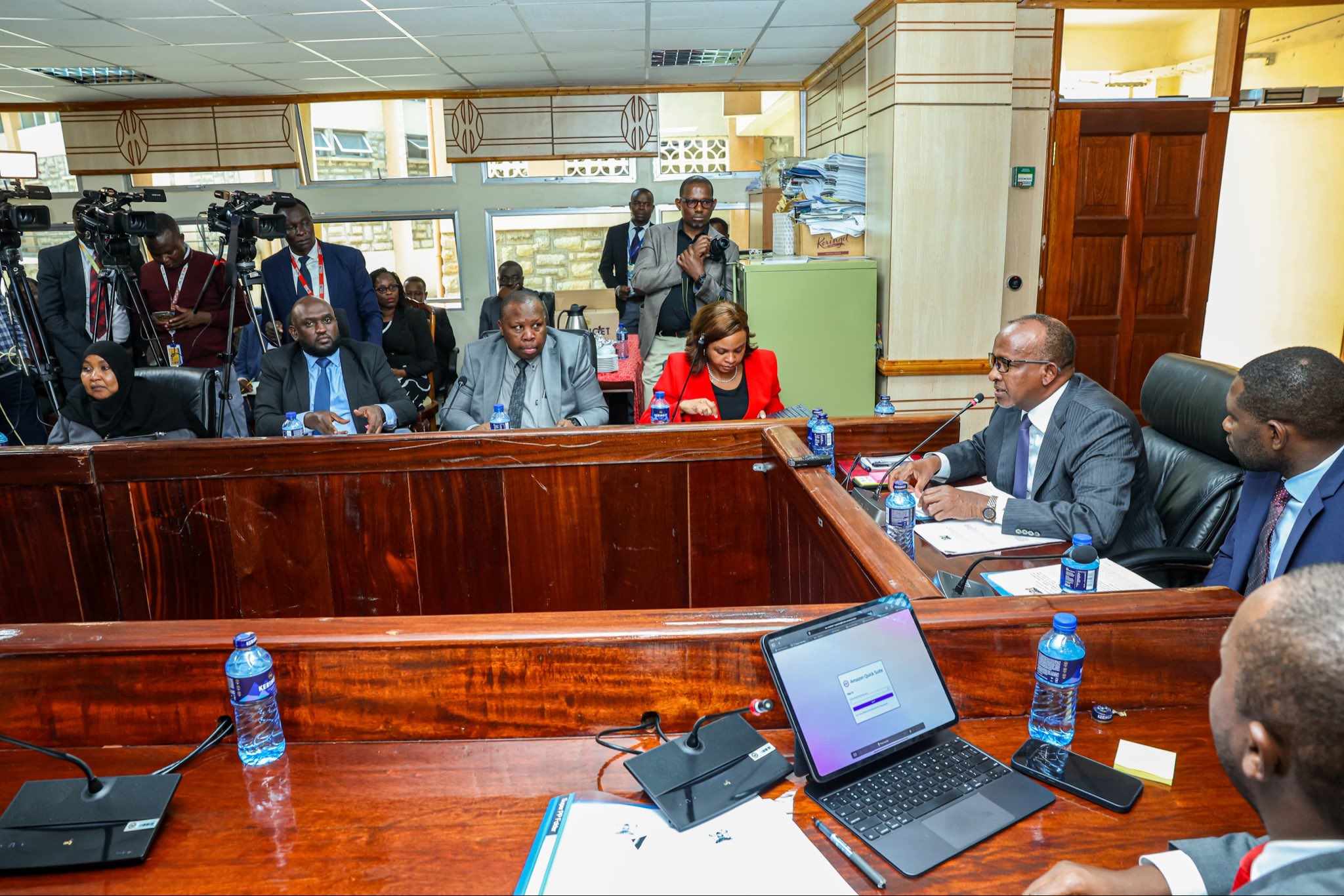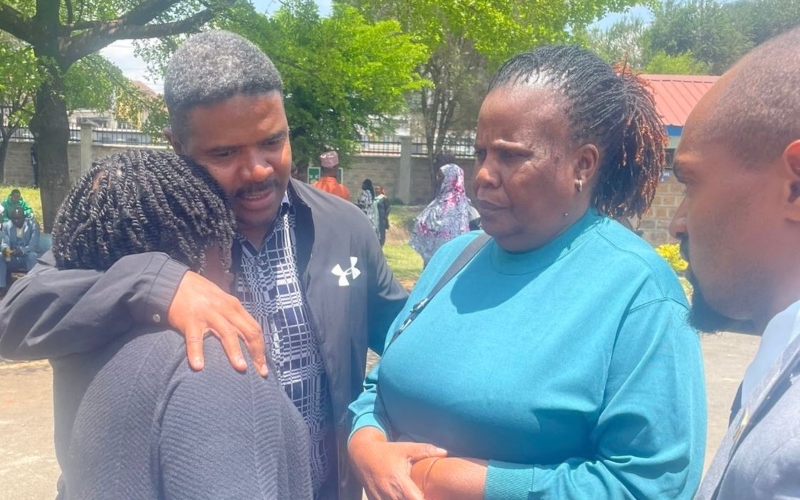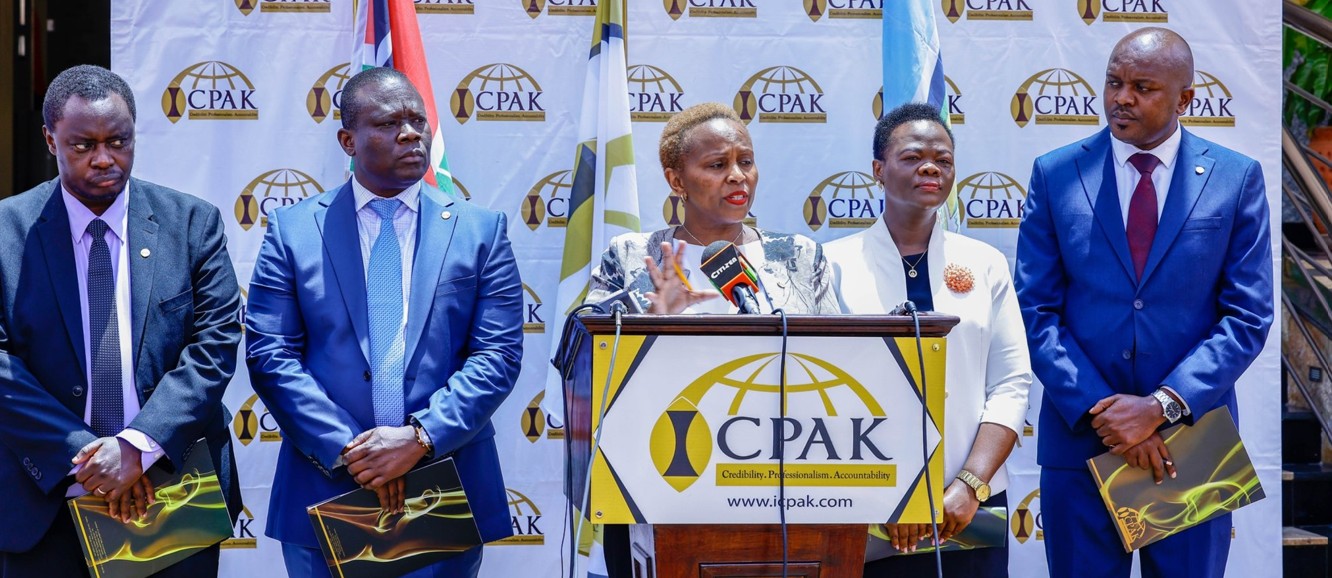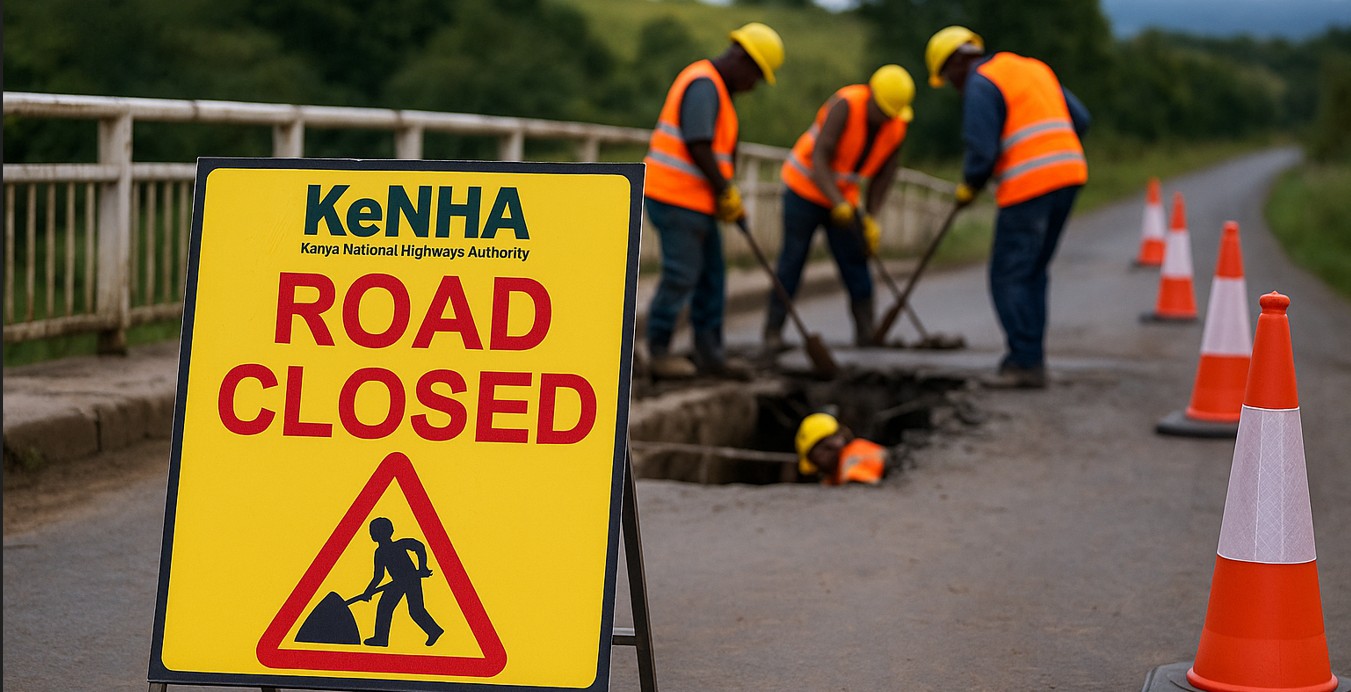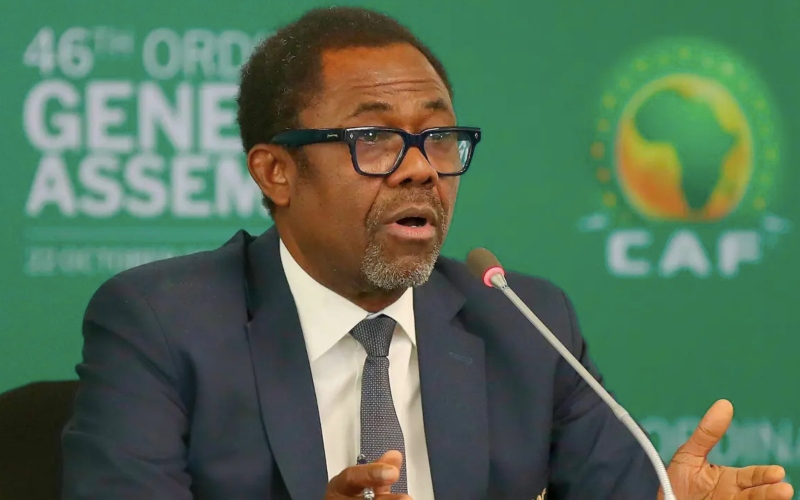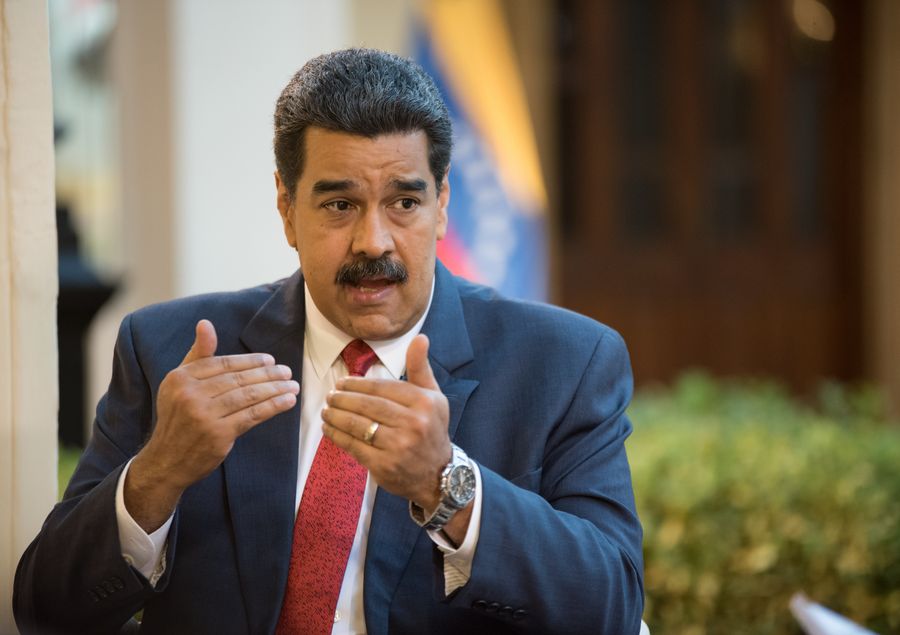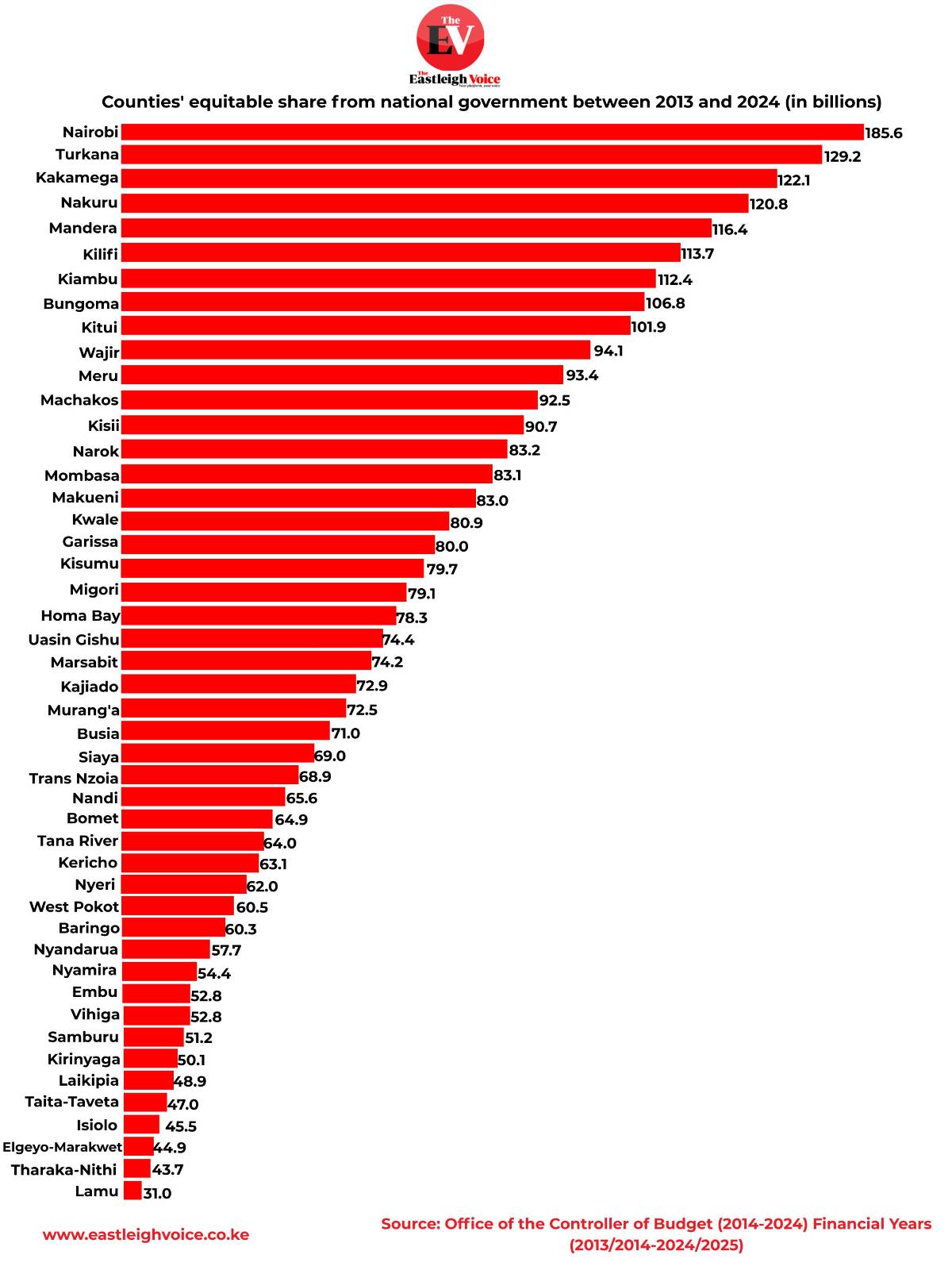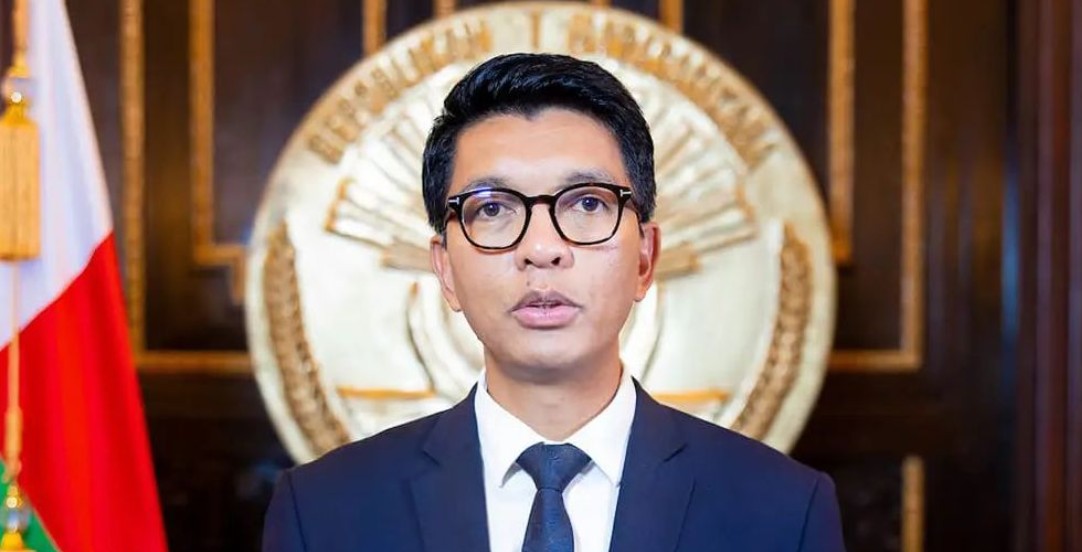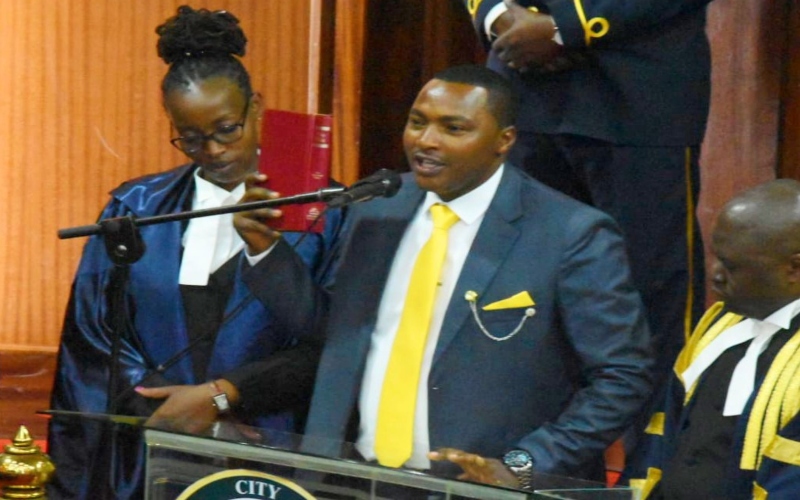Experts converge in Mombasa to tackle marine pollution, boost blue economy
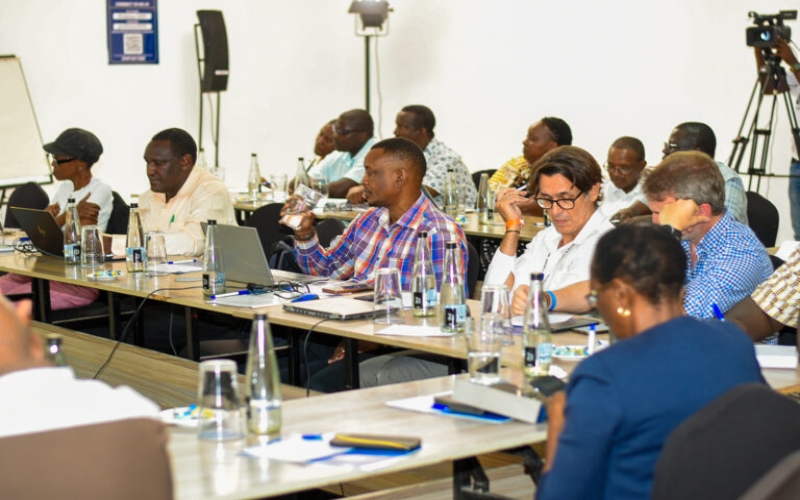
According to GIZ Development Coordinator Robin Farrington, the Indian Ocean has greatly benefited from scientific advancements that have improved conservation and marine management.
Over fifty experts from around the world have converged in Mombasa to explore innovative ways of protecting the Indian Ocean and strengthening the blue economy across Africa’s coastal belt.
It aims to find sustainable solutions to marine pollution and promote cleaner oceans through science and innovation.
More To Read
- Global marine experts convene in Mombasa to tackle overfishing, pollution, climate threats
- President Ruto cites big wins in jobs, digital economy and housing in 3-year scorecard
- Court declares new mining sector rules unconstitutional
- Kilifi tightens fisheries oversight, urges fishermen to resolve conflicts amicably
- Youth, women urged to register as Mombasa gears to host first-ever logistics summit
- How to harness the ocean for prosperity: Funding African innovations can unlock the blue economy
According to GIZ Development Coordinator Robin Farrington, the Indian Ocean has greatly benefited from scientific advancements that have improved conservation and marine management.
However, he noted that the lack of collaboration among institutions continues to hinder progress.
“A sustainable blue economy depends on partnerships. Many organisations work in isolation, keeping data to themselves instead of sharing technology and ideas. Protecting our oceans requires everyone, especially coastal communities, to be involved,” Farrington said
Prof Shaukat Abdulrazak, Secretary in the State Department for Science, Research and Innovation, said Kenya is investing heavily in ocean science and sustainable resource management.
He emphasised that the Port of Mombasa remains the heart of the region’s economy, serving not only Kenya but also several landlocked nations.
“The port is a major driver of East Africa’s trade. It links Uganda, Rwanda, Burundi, South Sudan, and the Democratic Republic of Congo (DRC) to international markets. Protecting our marine resources is therefore protecting the future of our regional economy,” he said.
He further urged scientists and researchers to work together in collecting data that can guide policy decisions and stop the degradation of marine ecosystems.
Ambassador Nancy Karigithu, the President’s Advisor on Blue Economy Affairs, said smooth coordination between government institutions, port authorities, and municipalities is key to improving port efficiency and managing waste.
“We must support industries seeking green energy and strengthen the capacity of urban managers. Cleaner ports mean stronger economies and healthier oceans,” she said.
Vice-Chancellor of Pwani University, Prof James Kahindi, said young people are increasingly driving innovation within the blue economy. He pointed out that students from Kilifi and other coastal counties have been instrumental in research projects addressing climate change and ocean conservation.
Meanwhile, Issak Elmi from the National Environment Management Authority (NEMA) urged the government to scale up its efforts to protect marine habitats, warning that neglect could threaten future livelihoods tied to the ocean.
“If we fail to protect our marine environment today, we jeopardise the very foundation of the blue economy tomorrow,” he cautioned.
Top Stories Today

